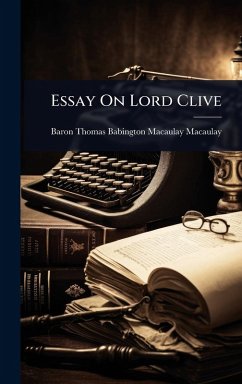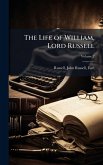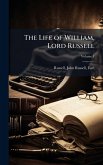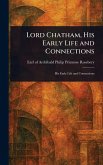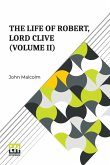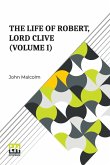In this insightful essay, Thomas Babington Macaulay delves into the life and career of Robert Clive, 1st Baron Clive, a controversial figure in British history. Often hailed as the founder of British India, Clive's actions were marked by both military genius and questionable ethics. Macaulay's essay provides a nuanced portrait of Clive, examining his rise to power within the East India Company, his military victories, and the corruption that shadowed his later years. The essay explores the complex relationship between Britain and India during the 18th century and the legacy of colonialism. "Essay On Lord Clive" offers a valuable perspective on a pivotal moment in history and the man at its center. This work has been selected by scholars as being culturally important, and is part of the knowledge base of civilization as we know it. This work was reproduced from the original artifact, and remains as true to the original work as possible. Therefore, you will see the original copyright references, library stamps (as most of these works have been housed in our most important libraries around the world), and other notations in the work. This work is in the public domain in the United States of America, and possibly other nations. Within the United States, you may freely copy and distribute this work, as no entity (individual or corporate) has a copyright on the body of the work. As a reproduction of a historical artifact, this work may contain missing or blurred pages, poor pictures, errant marks, etc. Scholars believe, and we concur, that this work is important enough to be preserved, reproduced, and made generally available to the public. We appreciate your support of the preservation process, and thank you for being an important part of keeping this knowledge alive and relevant.
Bitte wählen Sie Ihr Anliegen aus.
Rechnungen
Retourenschein anfordern
Bestellstatus
Storno

